The best phone for video recording and vlogging
Featuring clever cameras and slick software, these are the best phones for video recording and streaming
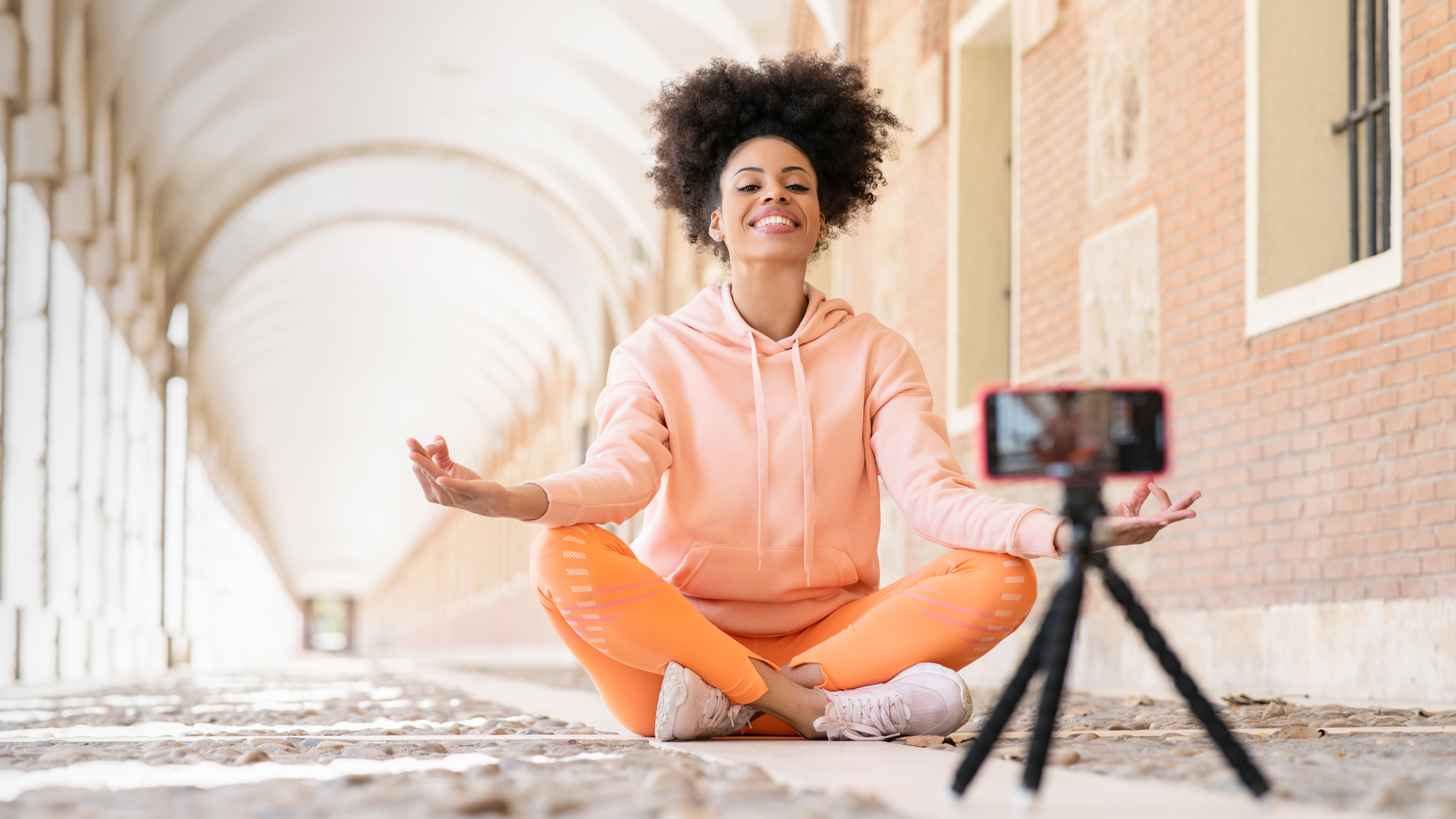
What's the best phone for video recording and streaming? Right now, that's a more difficult question to answer than it was a few years ago. For a long time, Apple led the way in this field. But more recently Samsung, Sony, Google and others have started closing the gap with their highly capable flagships.
You might think the best camera phone for stills would be the best phone for video too, but that's not always the case. Great video doesn't just require a great lens: it also means having a lot of computational power and smart software to produce a good-looking finished product.
So to help you find the best fit for your needs, we've put our experts to work. Based on their vast experience of testing, reviewing and using smartphones, we've pulled together the definitive list of the best phones for video recording and streaming.
The Quick List
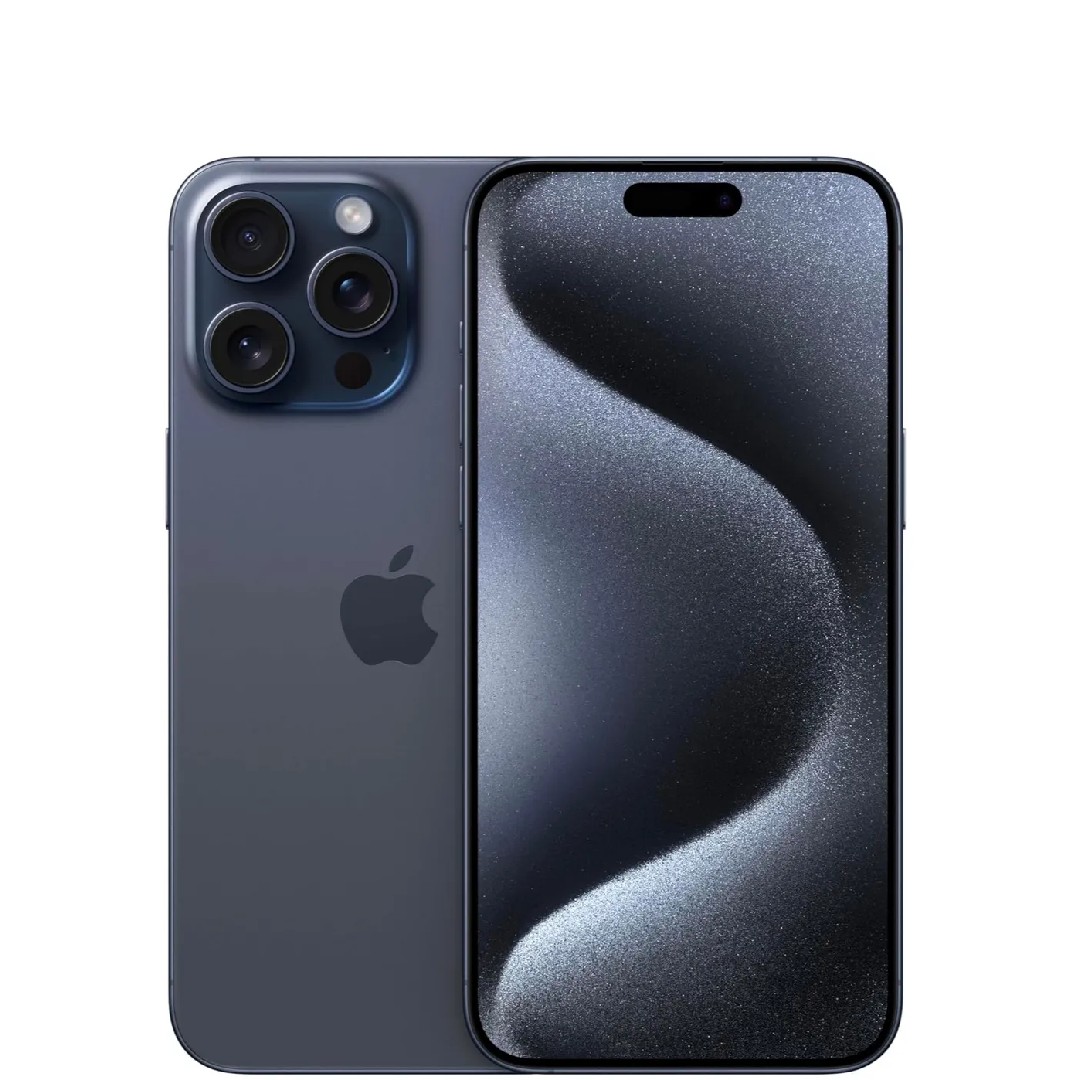
Each iPhone generation has built on the success of the last and the 16 Pro Max is the best yet. Our reviewer found that video from this powerful phone looks exceptional, whether capturing nearby or faraway subjects.
Read more below
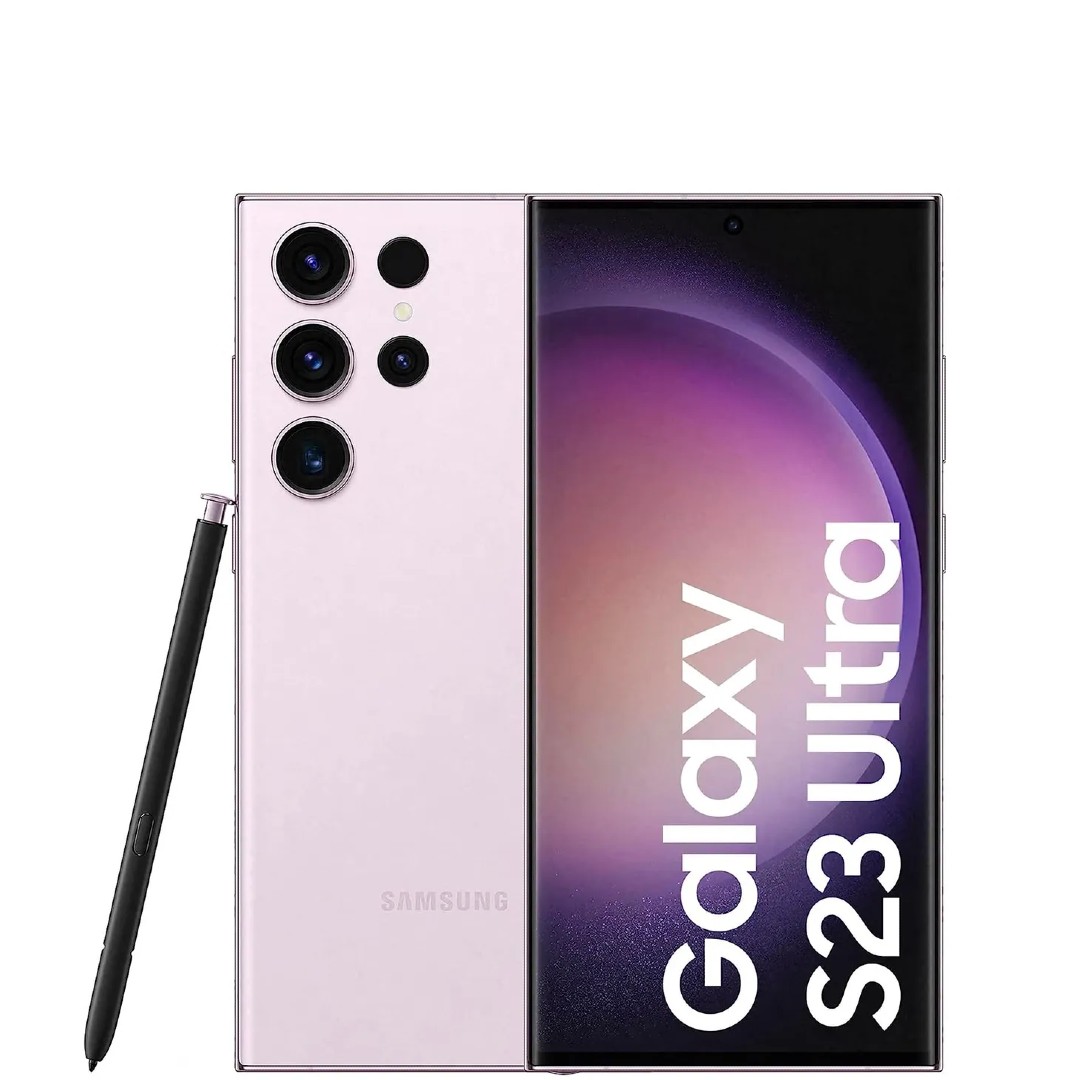
If you don't want an iPhone, here's our top pick. We found video from the S24 Ultra to be punchy, crisp, and stable. Top specs including 8K recording at up to 30fps, 10x zoom, and 480fps Full HD slow-mo capture.
Read more below
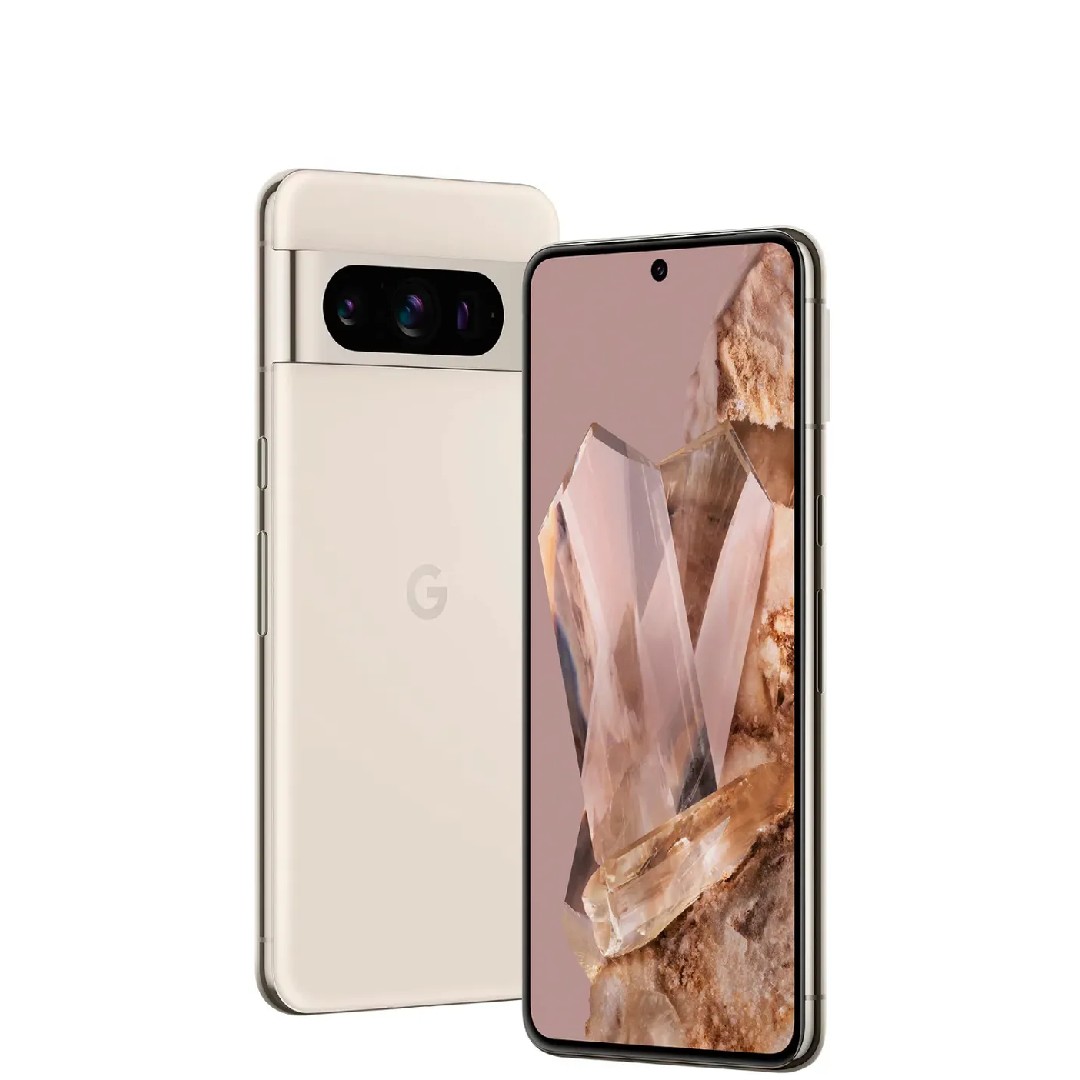
The latest Pixel phone captures great quality videos at 4K resolution and 60fps. There's also a brilliant Audio Eraser tool, which does a brilliant job of reducing background noise on busy streets, and a new Cinematic video mode.
Read more below
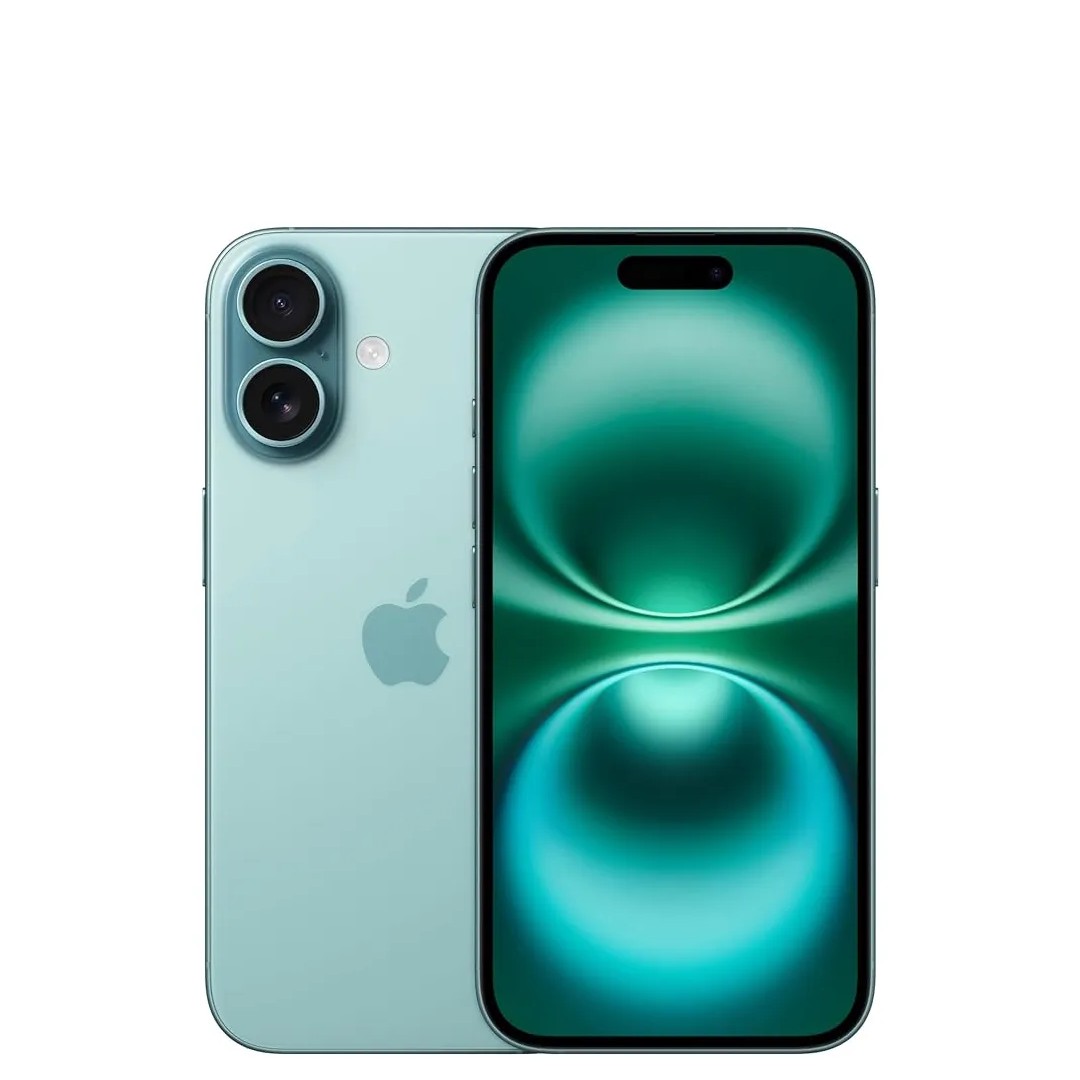
Can't afford the Apple iPhone 16 Pro? The standard iPhone 16 is a more affordable buy, and it's still a fantastic phone for video recording and streaming, thanks to its advanced audio and camera features.
Read more below
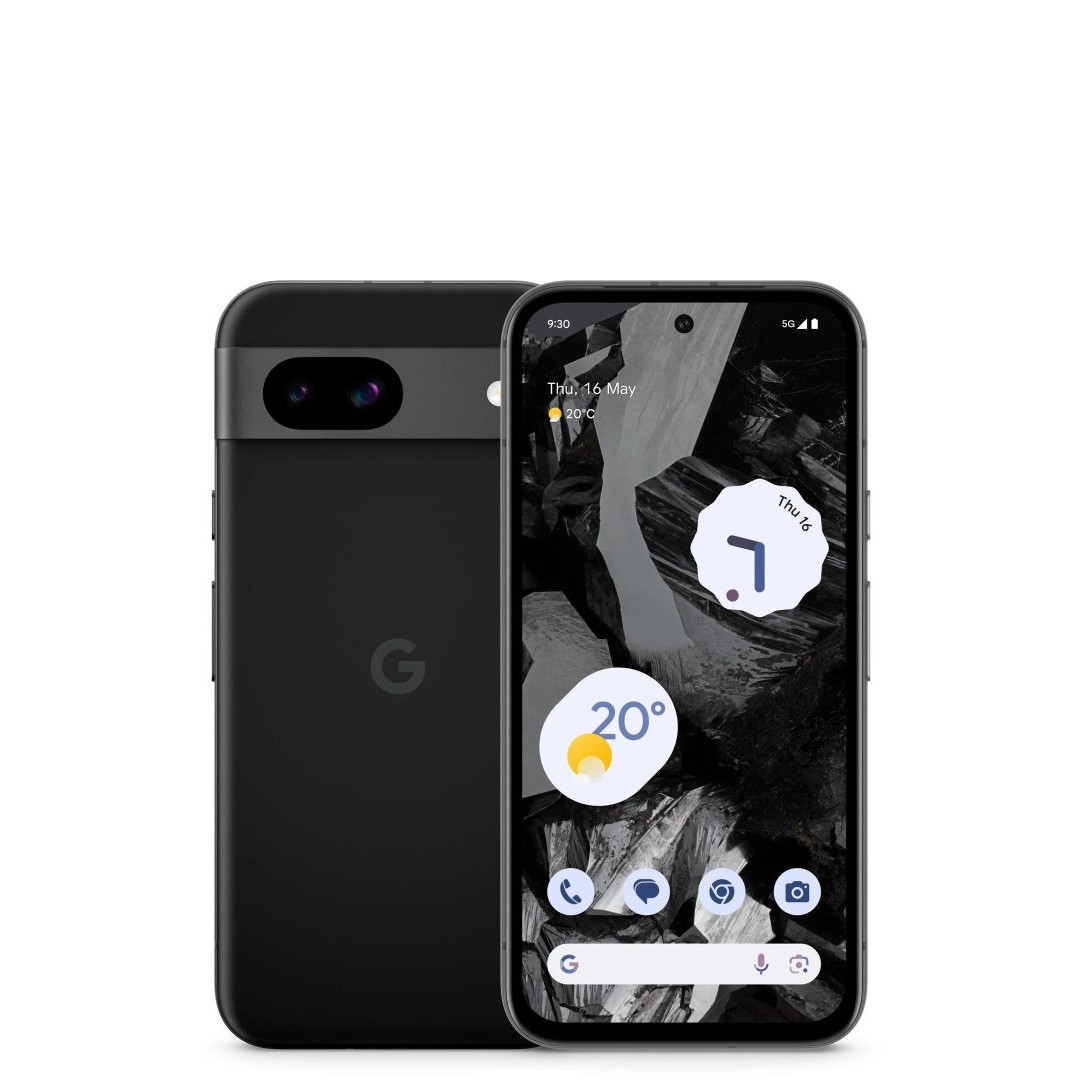
Although it's not the latest Pixel phone, the Google Pixel 8a excels in video capture. It supports 4K video at 30fps and 60fps, delivering detailed and vibrant footage with accurate colors and dynamic range.
Read more below
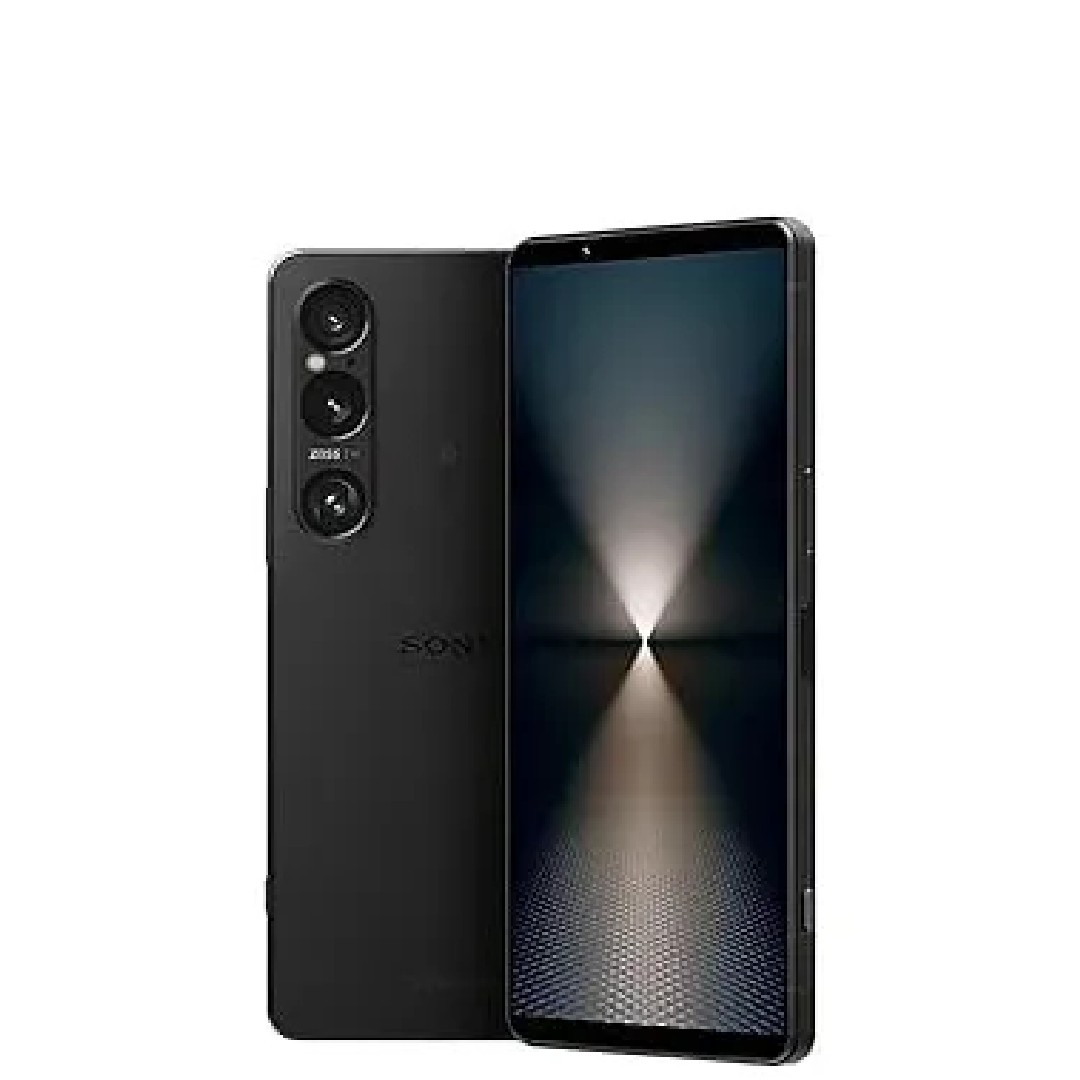
The Sony Xperia 1 VI is designed to bridge the gap between casual and professional-level camera features. And it stands out as an excellent choice for video recording, combining innovative camera technology with impressive performance.
Read more below
Best phone for video recording
Why you can trust Digital Camera World
The best phone for video overall
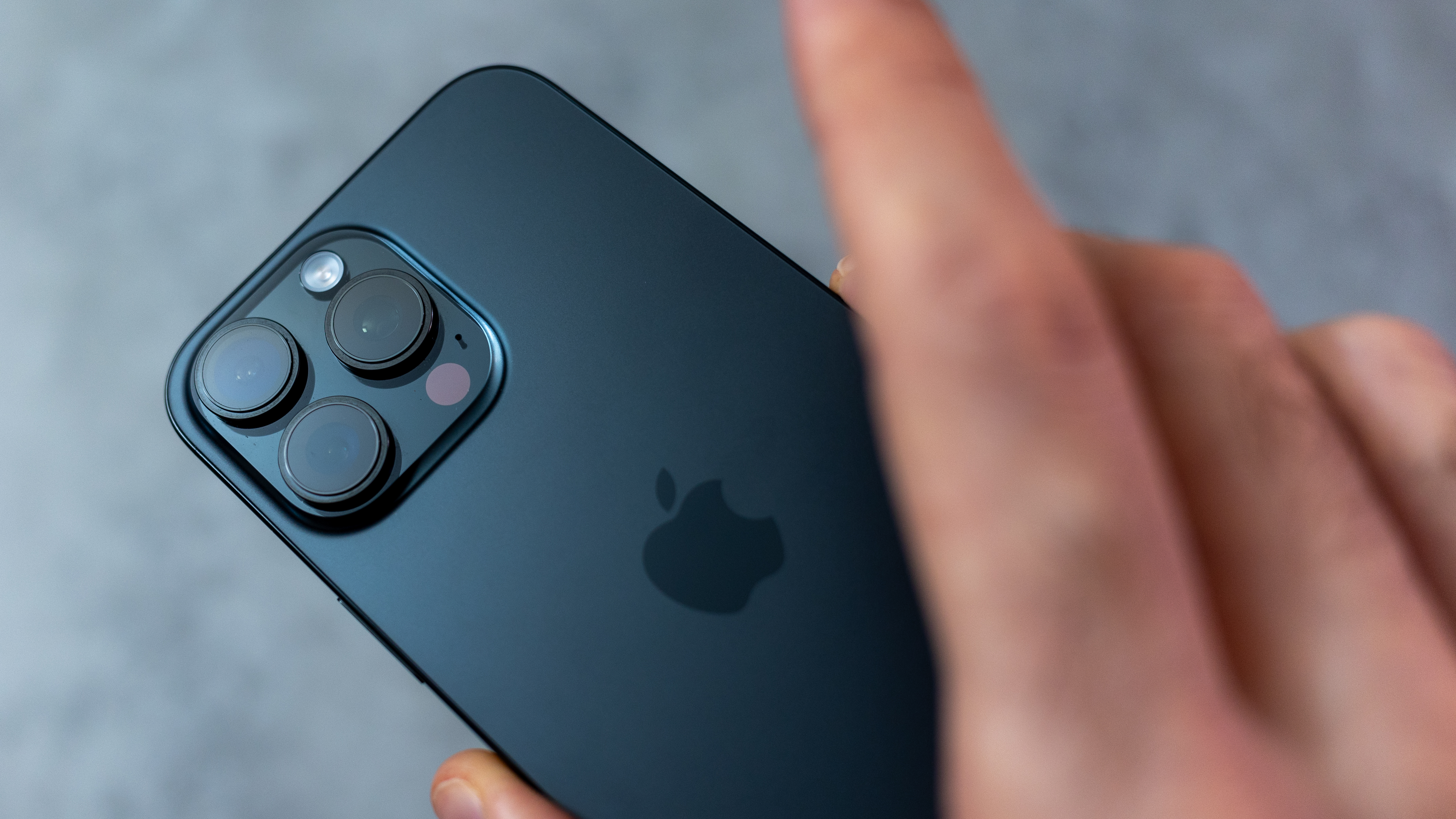
Specifications
Reasons to buy
Reasons to avoid
Since the launch of the iPhone 5S, we've found Apple’s flagship phones to be a great choice for filmmakers. Each generation has built on the success of the last and the iPhone 16 series is the best yet.
Although the headline stats of 4K and 60fps are the same as its predecessor, Apple has introduced a number of video upgrades with this phone, including digital zoom of up to 3x with Cinematic mode and exporting ProRes footage via USB-C. Overall, our reviewer found that the video from this phone looks exceptional, whether capturing nearby or faraway subjects.
A more general benefit of choosing an iPhone is that third-party manufacturers prioritize making accessories specifically for them. Plus, because iOS is a single platform, apps like Instagram and TikTok are optimized primarily for it, which generally leads to fewer issues with compression ruining the quality of the content you upload.
Read our Apple iPhone 16 Pro Max review for more details
The best Android phone for video
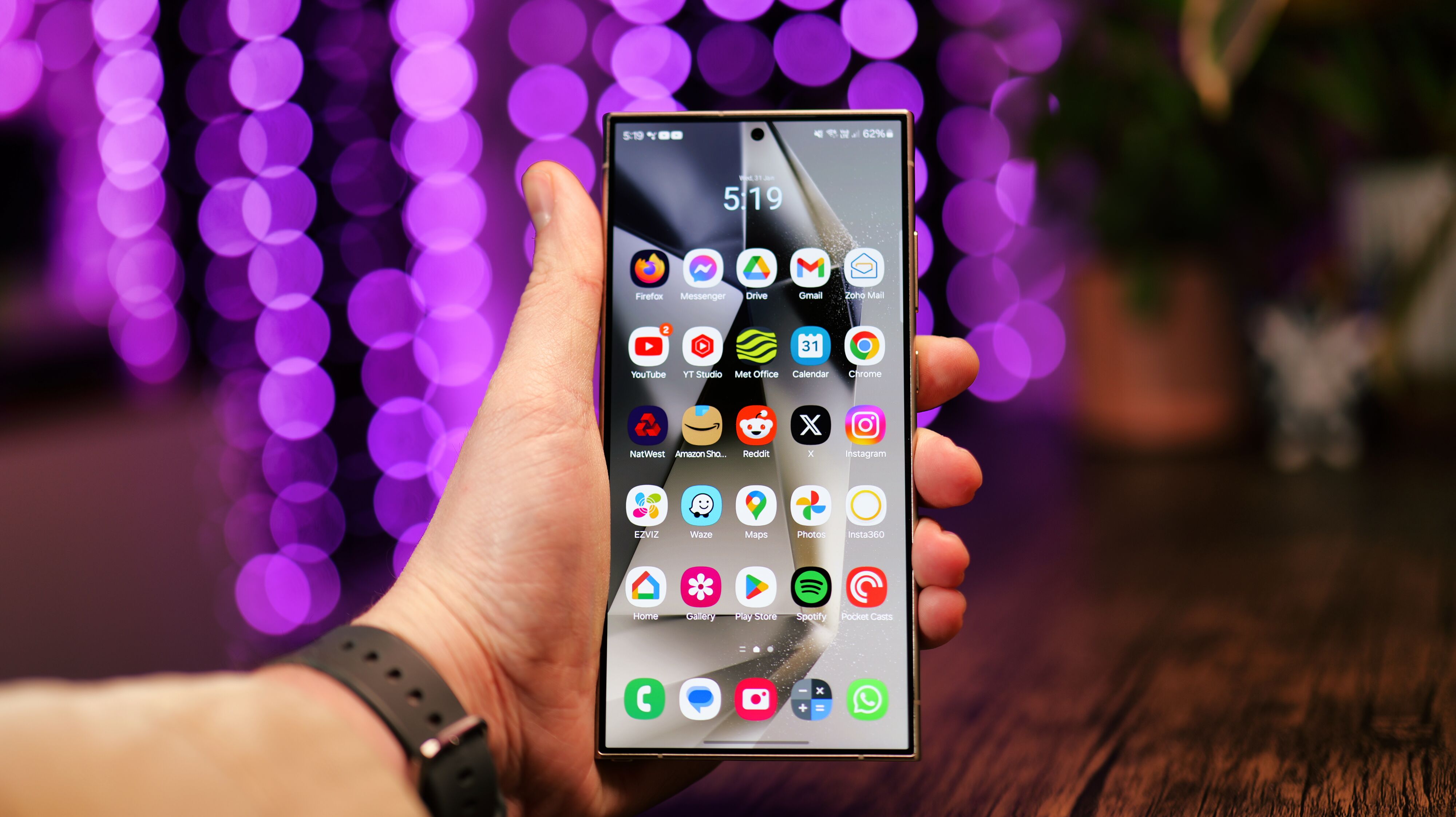
Specifications
Reasons to buy
Reasons to avoid
If you prefer Android to Apple, then the Samsung Galaxy S24 Ultra offers a very worthy alternative to our number one pick. It excels when it comes to video recording, with 8K video capabilities and excellent stabilization, making it a strong contender for content creators. That said, the increased detail comes with larger file sizes, which may not be practical for everyday use.
The camera system, while largely similar to its predecessor, the S23 Ultra, includes notable improvements in image processing. The main camera captures natural and less vibrant images compared to its predecessor, which some might prefer. The new 5x zoom lens offers better versatility, though it makes the 3x zoom lens feel somewhat redundant. Additionally, the camera can shoot in high-resolution modes up to 200MP, though these are not always necessary for casual photography.
The S24 Ultra is powered by the Snapdragon 8 Gen 3 chipset, which ensures smooth multitasking and gaming experiences. Battery life is solid, with efficient power management that extends usage, though heavy users might still need a mid-day top-up. And its display offers excellent brightness, color accuracy, and a dynamic refresh rate, making it ideal for various lighting conditions.
Read our full Samsung Galaxy S24 Ultra review for more details
The best Google phone for video
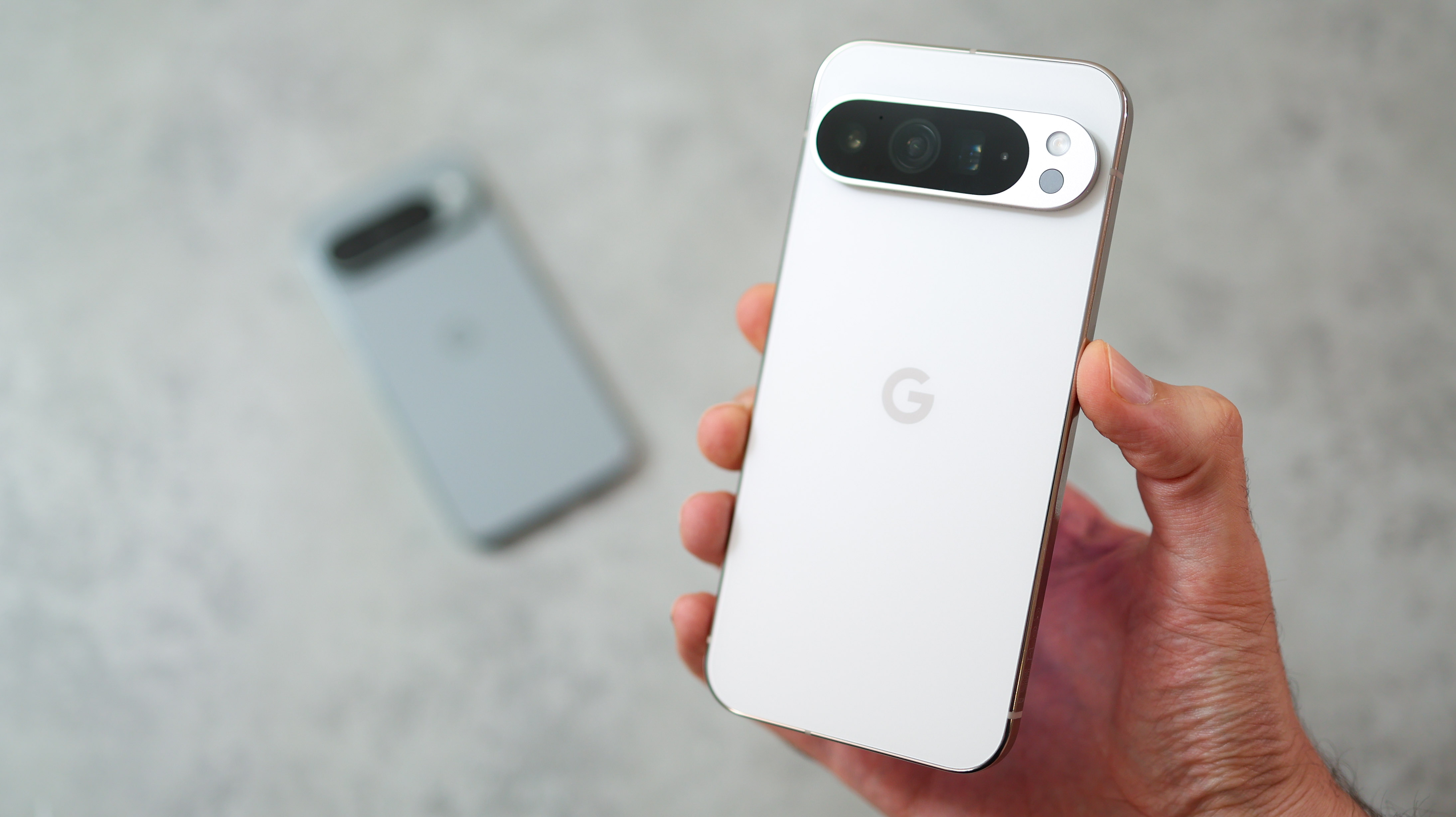
Specifications
Reasons to buy
Reasons to avoid
The Pixel 9 Pro & Pro XL are two of the best Android phones for video we've seen to date. While their camera systems only represent a modest upgrade over their predecessor, the Pixel 8 Pro, they're definitely the best Google phones for video on the market today.
Both phones support up to 8K video recording with Google’s Video Boost technology, which enhances clarity and stability, producing professional-grade footage. For everyday use, they deliver smooth 4K HDR video at 60fps, with consistent quality across various lighting conditions. The upgraded mics capture clear, high-quality audio, making these phones ideal for vlogging and streaming.
The front-facing 42MP camera is particularly impressive for vloggers, enabling detailed 4K video recording. Users can take advantage of AI-powered tools like Zoom Enhance to clean up details in zoomed footage and Magic Editor to refine or creatively enhance their videos directly on the device. Both phones have HDR10+ displays with vibrant colors and up to 3000 nits brightness, ensuring excellent video playback and easy content review, even outdoors.
Improved internal stability prevents overheating during extended sessions, addressing past issues with Pixel devices. Available in compact (6.3-inch) and larger (6.8-inch) models, both versions offer identical video capabilities. With seven years of software updates, the Pixel 9 Pro series promises long-term performance and value, making it a top choice for creators and streamers.
Read our full Google Pixel 9 Pro and 9 Pro XL review for more details
Best affordable iPhone for video
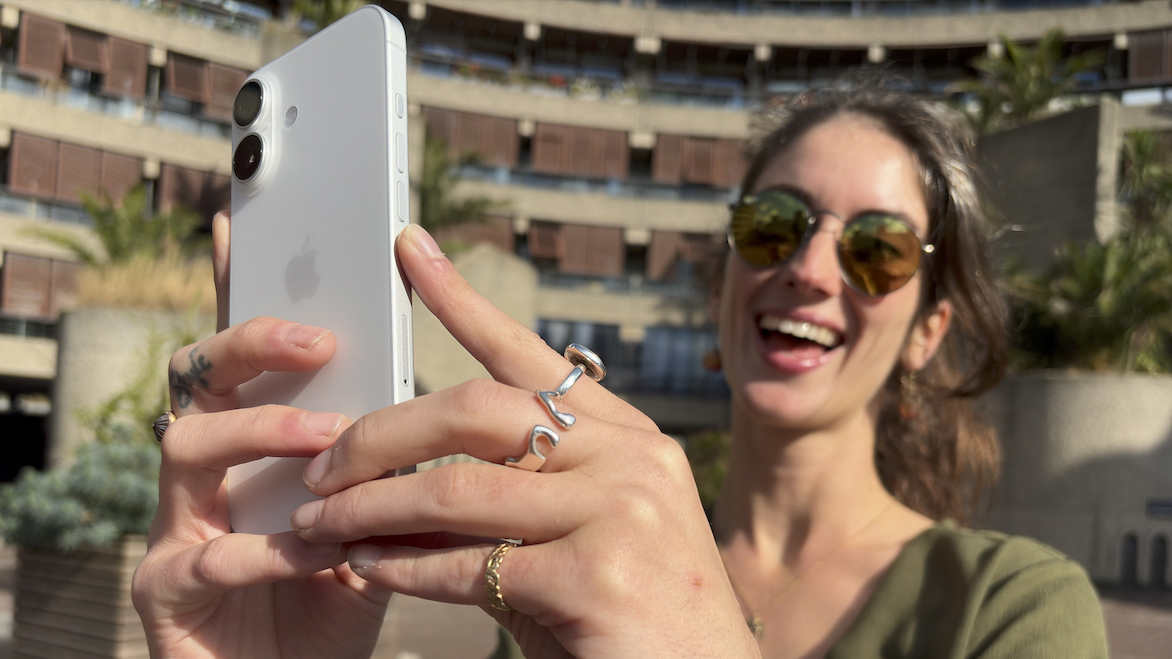
Specifications
Reasons to buy
Reasons to avoid
Can't afford the iPhone 16 Pro? The basic iPhone 16 is still a great choice for content creators and vloggers, thanks to its advanced audio and camera features. The most significant addition is the new Audio Mix tools, which use AI to enhance audio quality by isolating the subject’s voice and reducing background noise. This is particularly beneficial for recording in noisy environments, like beaches, where wind and ocean sounds would usually interfere. The iPhone 16’s four microphones enable directional audio capture, giving users flexibility when conducting interviews or vlogging without the need for external mics.
The camera system has also been improved with 15 new Photographic Styles, offering more creative control over colors and tones. These styles are non-destructive, meaning users can tweak the look of their images after shooting, making it easier to achieve a professional finish. The Camera Control button has also evolved, allowing for intuitive adjustments to settings like exposure, depth, and zoom with simple touch gestures.
While the iPhone 16 excels in multimedia capabilities, some issues persist. For instance, underwater performance is decent but can affect speaker functionality, requiring users to shake out excess water for optimal sound. Nonetheless, these enhancements make the iPhone 16 a strong contender for content creators seeking a versatile device.
Read our full Apple iPhone 16 review for more
Best affordable Android phone for video
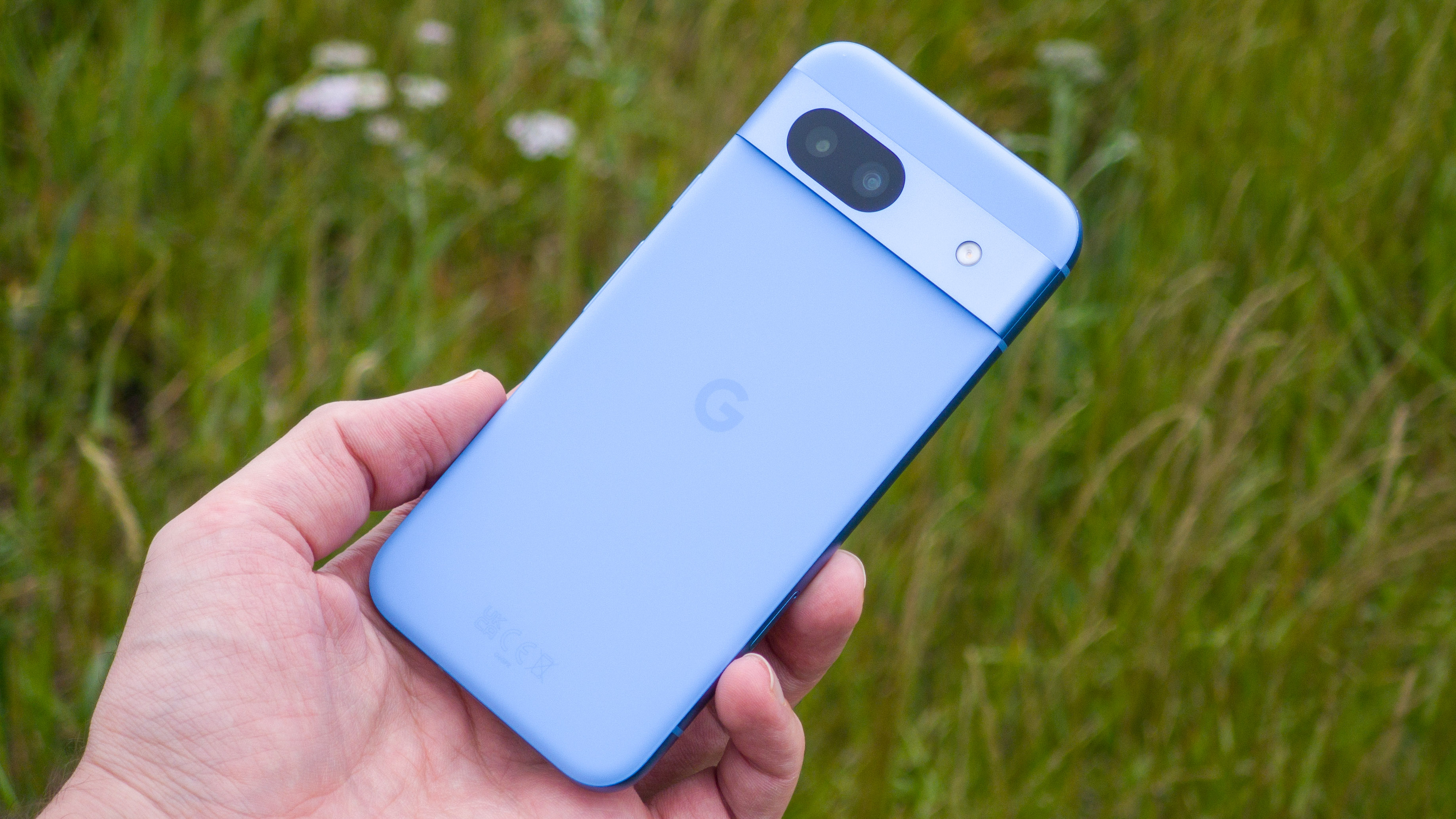
Specifications
Reasons to buy
Reasons to avoid
Although it's not the latest Pixel phone, the Google Pixel 8a is more affordable than its successor. And it nonetheless excels in video capture, thanks to its advanced image processing powered by the Tensor G3 chip.
The phone supports 4K video at 30fps and 60fps, delivering detailed and vibrant footage with accurate colors and dynamic range. Its electronic image stabilization ensures smooth shots even during handheld recording, making it ideal for on-the-go content creation. The phone’s HDR+ feature enhances contrast and brightness in varying lighting conditions, improving overall video quality. However, it lacks some advanced features like a dedicated telephoto lens, which limits zoom capabilities in video mode.
Battery life is solid, lasting a full day with moderate use. The design is sleek but maintains a simple, plastic build. The phone is lightweight and easy to handle, though it doesn’t feel as premium as higher-end models. Running Android 14, the Pixel 8a is fast and responsive, with at least five years of security updates promised.
Despite lacking some premium features like telephoto lenses or ultra-fast charging, the Pixel 8a shines in everyday usability and photography, making it a strong contender for users who prioritize camera performance and software integration at an affordable price point.
Read our full Google Pixel 8a review for more
Best Sony phone for video recording
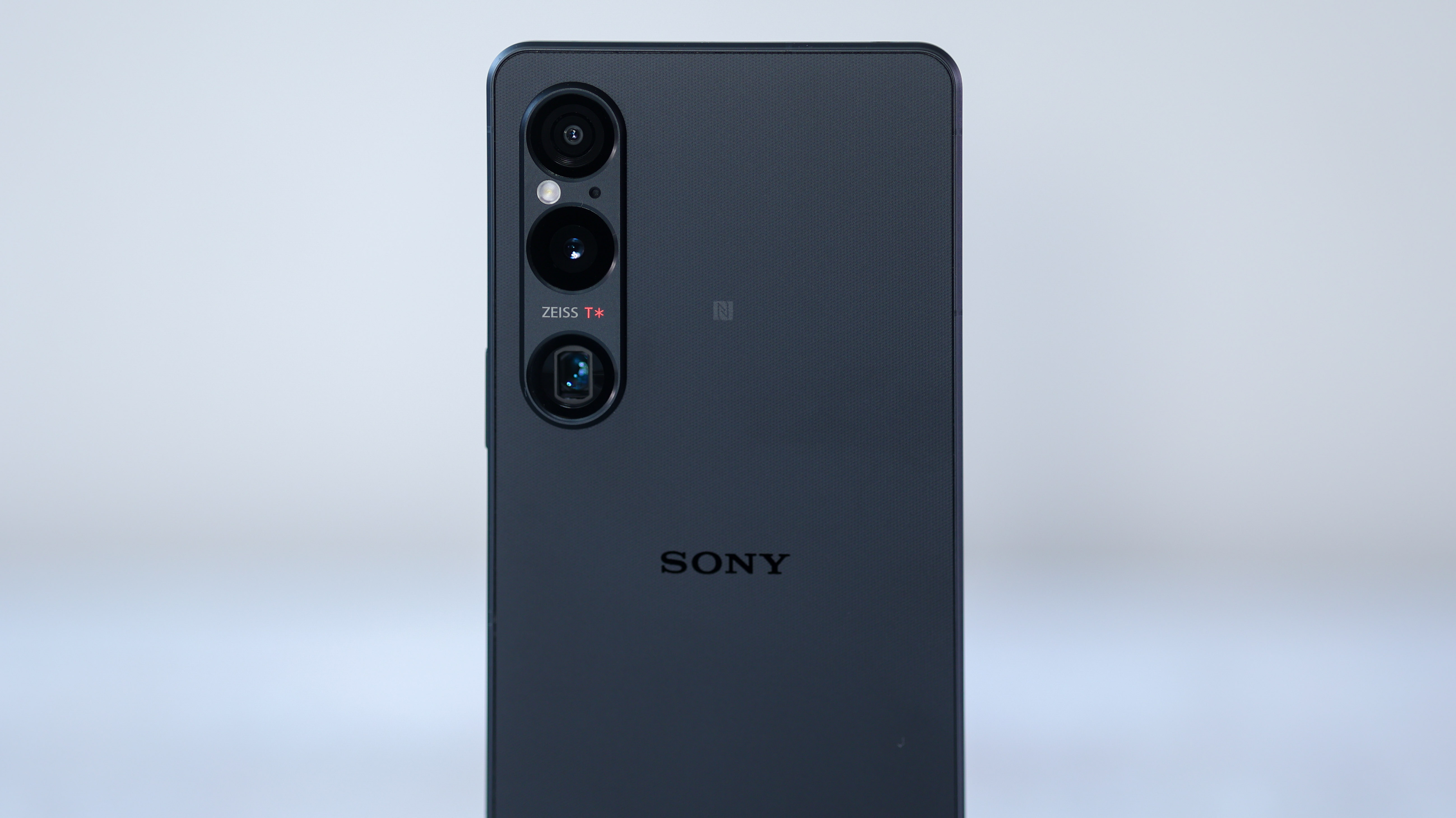
Specifications
Reasons to buy
Reasons to avoid
The Sony Xperia 1 VI is a smartphone designed to bridge the gap between casual photography and professional-level camera features. And it stands out as an excellent choice for video recording, combining innovative camera technology with impressive performance.
Its continuous zoom feature, ranging from 85-170mm, allows seamless transitions between focal lengths, making it ideal for capturing diverse scenes. With 4K video recording at 120fps across all rear cameras, it supports high-resolution, slow-motion recording, while its macro capabilities deliver detailed close-up videos.
The phone's manual video controls, including options for exposure, white balance, and shutter speed, cater to creators who seek flexibility. Features like eye autofocus and subject tracking ensure sharp and professional results. Additionally, the Xperia 1 VI integrates smoothly with Sony Alpha cameras, doubling as an external monitor and recorder for professional workflows.
The 6.5-inch OLED display, with its 19.5:9 aspect ratio and adaptive refresh rate, enhances video viewing and editing, delivering vibrant and accurate visuals. Powered by a Snapdragon 8 Gen 3 processor, the phone ensures smooth performance, while its 5,000mAh battery supports extended recording sessions. Its expandable microSD storage provides ample space for large video files.
Read our full Sony Xperia 1 VI review for more
How to choose the best phone for video recording
Smartphones are increasingly becoming miniature film studios, but the ones which are best for video recording aren't always obvious. When making your choice, firstly consider both resolution and sensor size. Look for 50MP resolution or above, but bear in mind that higher megapixels aren't everything. So also look for a phone that has a large sensor to capture more light, especially if you're interested low-light performance. You also want versatility when it comes to shooting video, so ideally look for a phone with at least three rear cameras: wide, ultrawide, and a telephoto zoom for close-ups. Also pay attention to stabilisation (as no one wants shaky footage) and audio features.
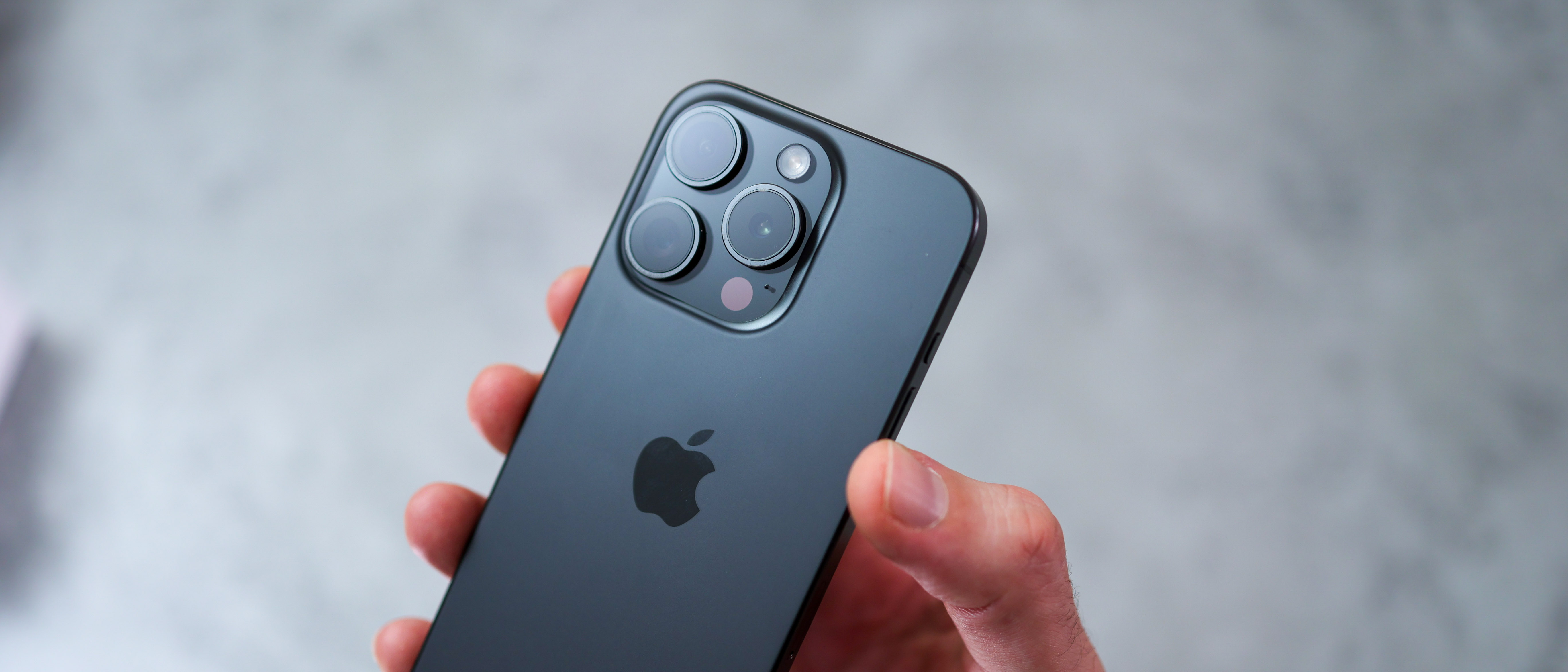
How much storage do I need for video recording?
The amount of storage you'll need for video recording will depend largely on the resolution and frame rate you're shooting at. For example, 4K 60fps can eat up space quickly, so you'll probably need a phone with at least 128GB onboard storage, as well as the potential to expand this via a microSD card.
Does the lens matter when buying a phone for video?
Yes! More and more phones are arriving with high resolutions of 50MP+, but that's not all you need to capture professional looking video. Look for phones with wide-angle lenses for capturing more in the frame and telephoto lenses for zooming. (Optical zoom generally offers better quality than digital zoom.)
Which phone is better for video: Android or iPhone?
In truth, the best Android phones and the best iPhones both offer excellent video recording and streaming capabilities. So the choice between Android and Apple really comes down to personal preference and specific device features.
How we test the best phone for video recording
As a photography website, we pay special attention to the photo and video quality of smartphones. Camera phones are all-around digital assistants too, of course, so we will also check general handling, usability, and practicality – such as battery life. For Android camera phones we rate resolution, noise and color rendition in the context of what rival Android phones can do, and where there are any special features, such as ‘night modes’ or ‘portrait modes’, we check that these perform as the makers describe.
Get the Digital Camera World Newsletter
The best camera deals, reviews, product advice, and unmissable photography news, direct to your inbox!

Gareth is a photographer based in London, working as a freelance photographer and videographer for the past several years, having the privilege to shoot for some household names. With work focusing on fashion, portrait and lifestyle content creation, he has developed a range of skills covering everything from editorial shoots to social media videos. Outside of work, he has a personal passion for travel and nature photography, with a devotion to sustainability and environmental causes.
